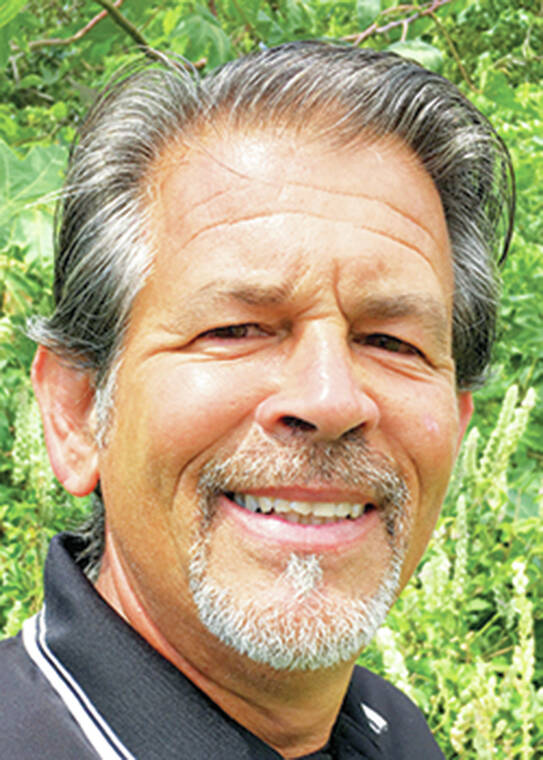LIHU‘E — A trio of proposed bills that would eliminate tax exemptions for large-scale tree farms, orchards and wasteland was met with some resistance at a public hearing last week.
Lihu‘e-based attorney Mauna Kea Trask was the only person to provide testimony regarding the legislation at the March 23 County Council meeting.
“I know that the county is facing a lot of financial problems, and money is always an issue, and resources for the community,” Trask told councilmembers. “However, I just hope that the policies that you enact do support and foster a robust and diverse agricultural industry, including food and non-food products including timber and lumber, of which I think these would affect.”
Currently, Kaua‘i tree farms at least 10 acres in size can pay zero in real property taxes until a year after their first harvests, or not more than 25 years.
Orchards of at least 50 acres, and “wasteland-development properties” of at least 25 acres, are or were eligible for similar exemptions.
Sixteen tree farm exemptions are now active in the county, Kaua‘i County Councilmember Billy DeCosta said when introducing his bills in late February. Most relate to biomass-to-energy operations.
No active orchard exemptions exist today, and the county’s last-known wasteland designation was granted in 1991. (In fact, the wasteland designation no longer exists, according to Bill No. 2846, which scraps the valuation of wasteland in consequence).
If the bills pass into law, tree farm and orchard landowners would still qualify for the standard agricultural land-dedication program offered by the county Department of Finance, which supports the legislation.
DeCosta has argued Bill Nos. 2845, 2846 and 2847 will do more than streamline policy. He claims they’ll promote local agriculture as well.
“I believe large landowners may prefer to have tree farmers on their land as opposed to true ag farmers, because the real-property-tax savings they will receive,” DeCosta said last month. “That means that they’re displacing food farmers, and that is the opposite of what direction and vision I believe we want to go with.”
But Trask, a partner of the Cades Schutte law firm who specializes in environmental law and litigation, land use, zoning and entitlements, thinks there are better ways to cultivate farming on Kaua‘i.
He detailed his opinions in a letter to councilmembers, submitted prior to his oral testimony.
“If the concern is that tree farm operators enjoy more-favorable tax relief than agricultural pursuits that provide food, the solution is to provide food farmers more relief rather than take away relief from tree farms or inhibit the growth of a tree farm industry,” Trask wrote. “Diversified agriculture is not a zero-sum game. We all benefit from a diverse agricultural base.”
He suggested the county invest more money in its Department of Finance this budget cycle, and retain and refine the tree-farm and orchard programs.
“You have a great team in Finance,” Trask continued. “…(B)ut they are overworked and not given enough time in the day to effectively do everything that needs to be done on this island.”
The attorney offered caveats in his written and oral testimonies, claiming he represents landowners on Kaua‘i, but not for any activities related to tree farms, orchards or valuation of wasteland.
Trask also characterized his comments as concerns, not criticisms.
•••
Scott Yunker, reporter, can be reached at 245-0437 or syunker@thegardenisland.com.



